Wisconsin Supreme Court ruling could mean denied unemployment claims, even longer waits
MILWAUKEE -- Wisconsin's unemployment system was already backlogged. Then, the Wisconsin Supreme Court struck down the order that had closed businesses and restricted activities.
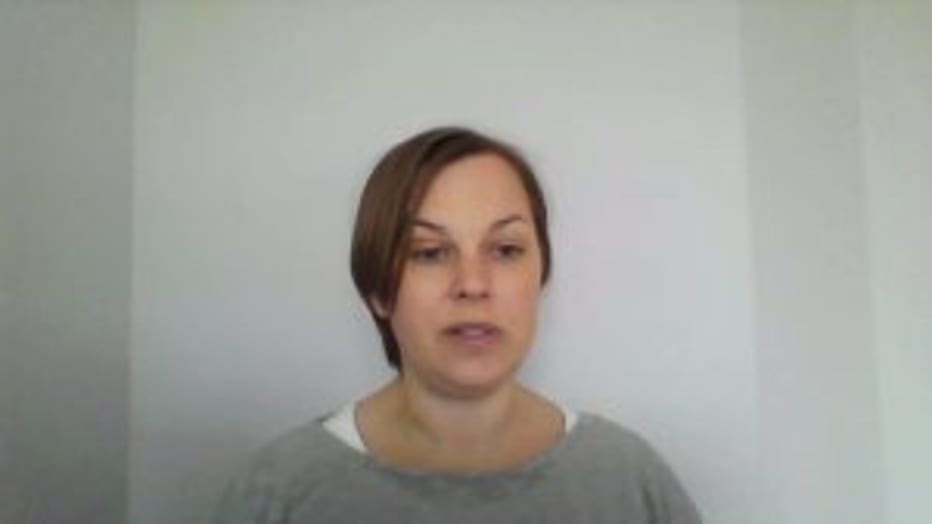
Emily Savard
"We are still doing the best that we can," Department of Workforce Development program and policy analyst Emily Savard said. "It's all hands on deck trying to get answers as quickly as possible to these questions. Because of course, people are going to be curious about this and how it affects their livelihoods."
While business owners exercise their newfound choice to open and call employees back to work, many of those employees say they now find themselves with fewer options.
'Is my kid going to get fed?'
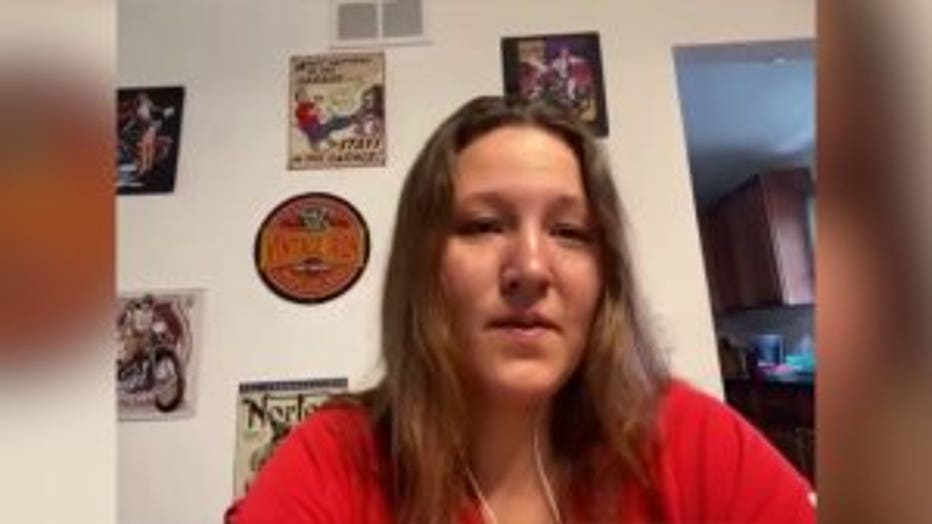
Debra Meyer
"I have restrictive airway disease," Debra Meyer, who worked at a Wisconsin restaurant before the pandemic, said. "So my health, if I would catch , probably would knock me completely down."
If Meyer's employer calls her back to work and she refuses, she could potentially still collect unemployment benefits if she has medical documentation. However, the Department of Workforce Development would need to investigate her claim, slowing down the process.
"I don’t even know what to think, to be honest," Meyer said. "Because here I sit now trying to figure out if I have a job, what’s going to happen, and is my kid going to get fed? That’s the big thing, is if my kid’s going to have food."
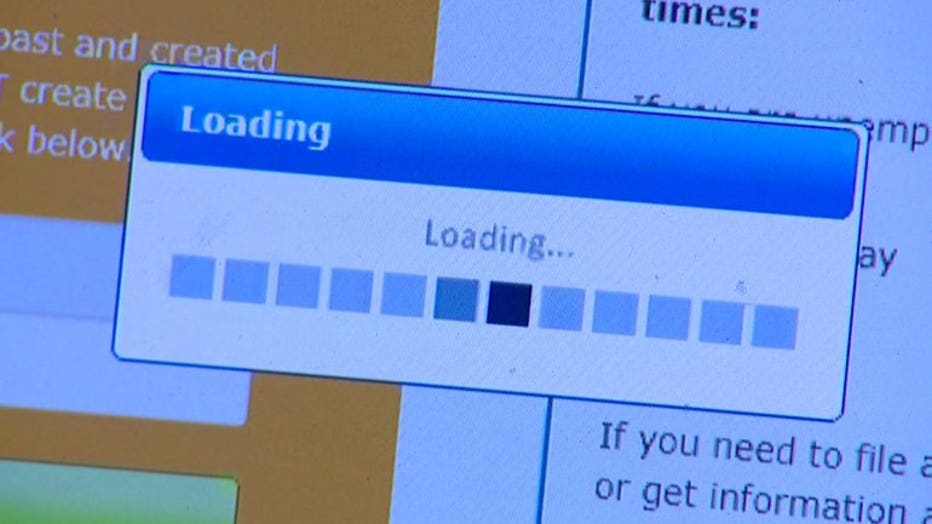
Meyer has already been waiting for her unemployment check for six weeks. Hundreds of people have called and emailed FOX6 News with similar stories. The Department of Workforce Development is in the process of hiring more people to help process claims, but Savard says the need to investigate increased refusals of available work due to medical conditions and child care difficulties will further slow down the already-overwhelmed system.
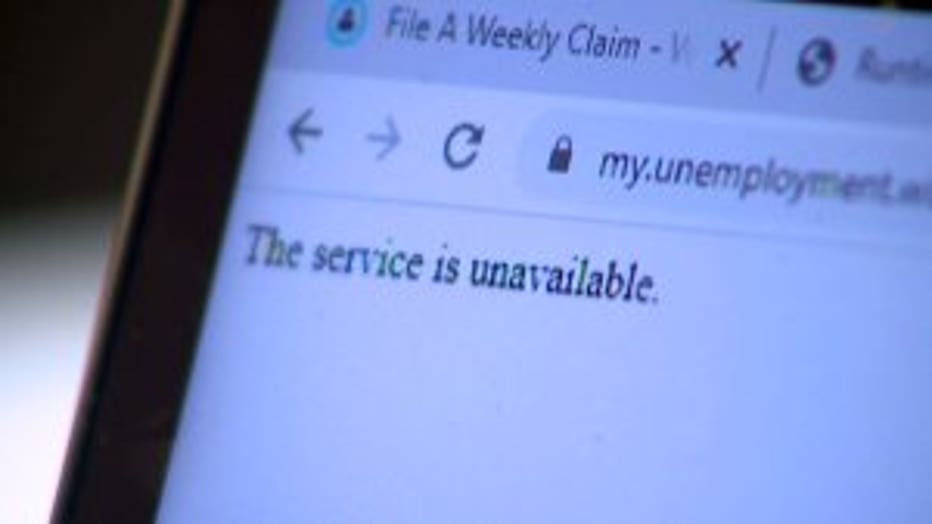
People who do not have underlying medical conditions, but do not feel comfortable reporting to work during the pandemic, will likely be ineligible for unemployment benefits.
"What we’re looking at is, is there work available to you, what’s the reason for your refusal to return to work?" Savard said. "And typically, not feeling comfortable wouldn’t be a reason in and of itself to continue paying unemployment benefits."
What's changing and what's not
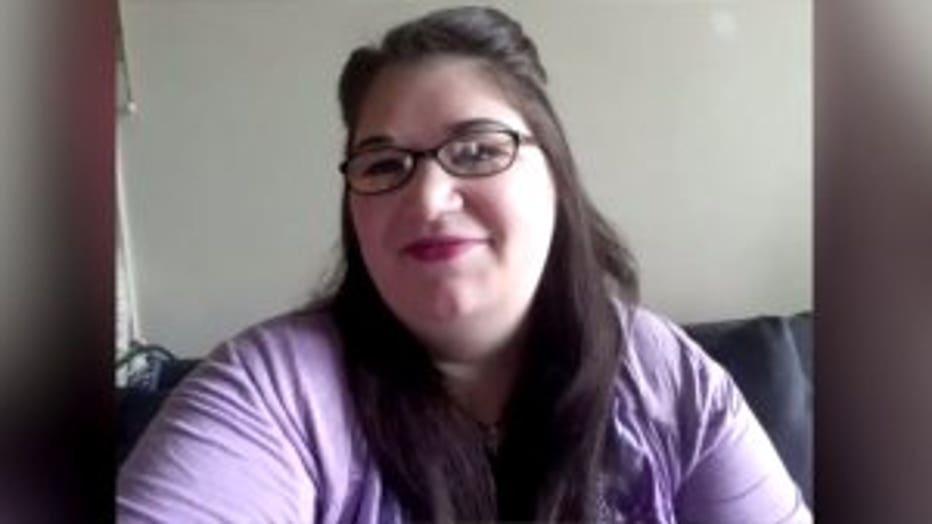
Melissa Sinkey
"Hopefully I'll be able to give you good news soon," Melissa Sinkey said, as she started her fourth attempt in 40 minutes to file her unemployment claim.
That was in March.
"I am still pending," Sinkey said on Thursday. "I haven’t received any benefits."
Sinkey is already back at work, but says she's worried about what the Supreme Court decision means for her pending claims.
"It’s taken so long for them to get to my paperwork," Sinkey said. "Am I going to lose the 8-some weeks of unemployment?"
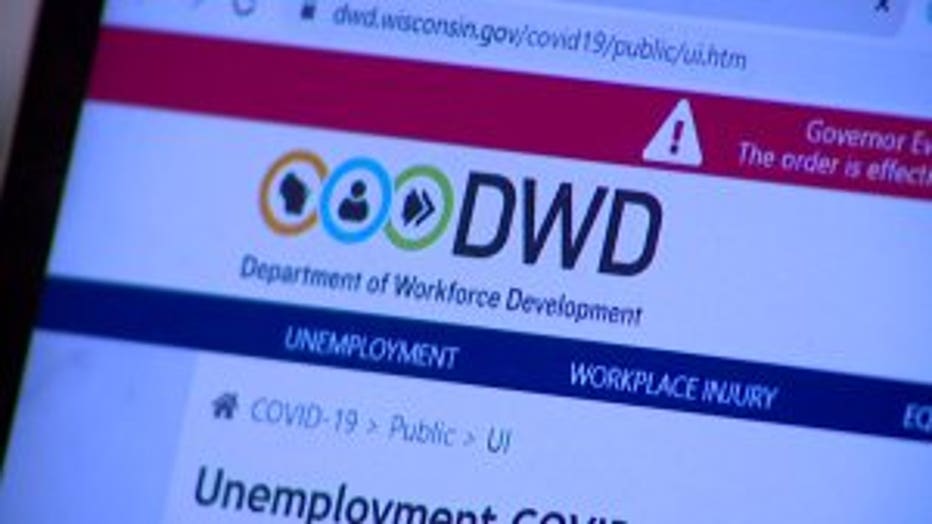
Savard says claims owed from previous weeks will still get paid. Claimants are still exempt from work search requirements through September 2020, and the one-week waiting period is waived through February 2021. The federal expansions, including the additional $600 per week and the 13 additional weeks of potential payments, remain intact for people who are still eligible for unemployment benefits.
But with businesses opening at their own discretion, the pool of eligible claimants is shrinking. Savard says there are federal provisions for parents who are primary caregivers and must stay home with children whose schools are closed, but those are also case-by-case scenarios that require investigation and the accompanying delays.
"I’m waiting, I’m playing by the rules, and that’s all you can do," Sinkey said.
The Department of Workforce Development has a website with answers to frequently asked questions that may be useful to you. CLICK HERE to visit that website.

